
If you are trying to get pregnant or thinking about starting to try, there is a lot of information out there about what you should be eating. It can all get so overwhelming and even stressful. The list of foods can get long and daunting, plus who has the time or appetite to eat all of that? It's OK—we're here to help you see how easy it can be to add a few items to your diet that can help boost your fertility without boosting your stress level.
More from MamásLatinas: How to cope with the painful loss of a child
Let go of any stress and relax, because it doesn't have to be complicated. The truth is that there are simple, basic foods, most of which you probably already eat, that may help boost your fertility. Check out this list of easily accessible foods that will help keep you healthy and give your body the nutrients it needs and wants to help you conceive. If you're already eating most of them, good for you, and keep up it up!
Asparagus is a his-and-hers fertility booster.
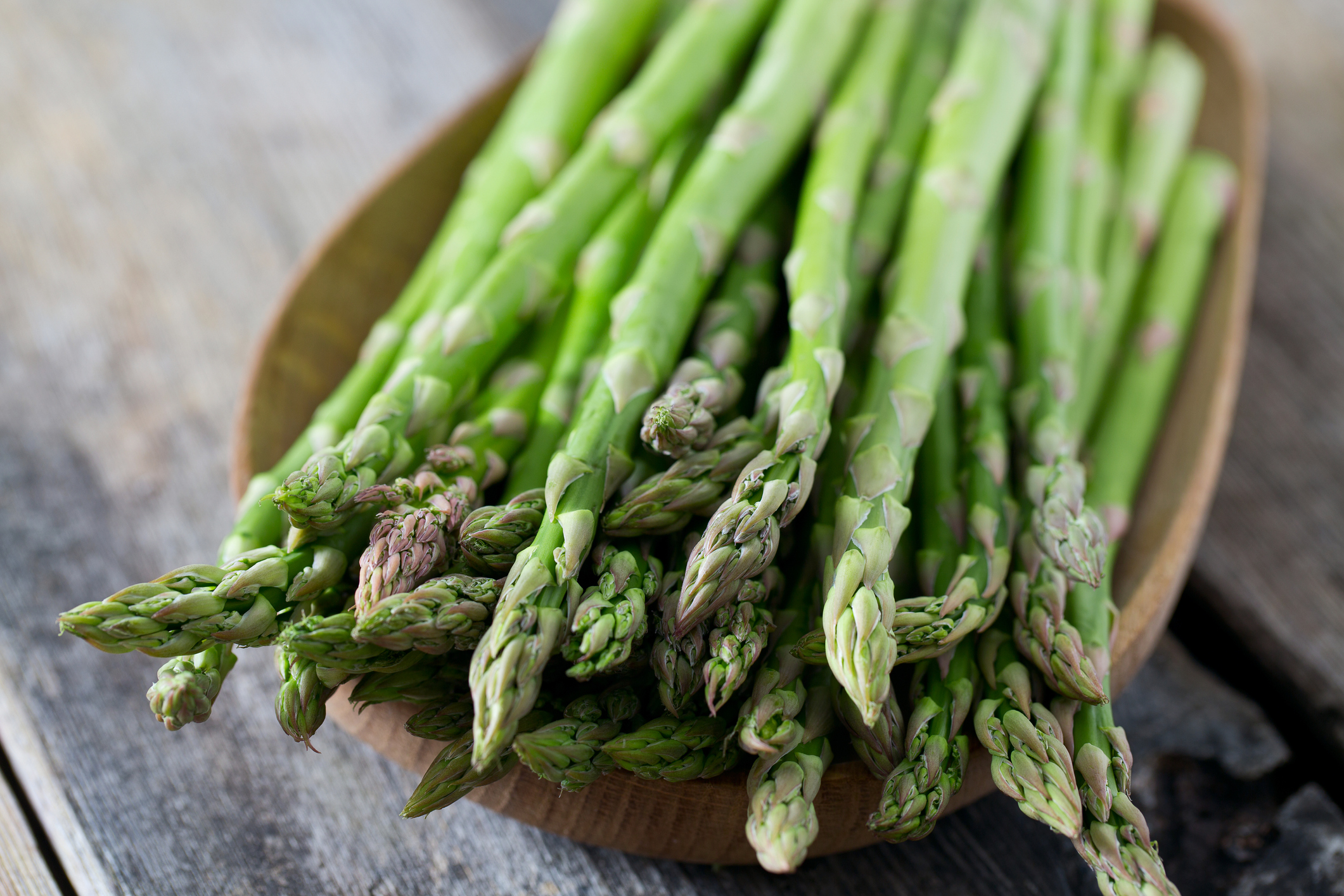
Asparagus is rich in folate, which is necessary for women who want to decrease their risk of infertility and increase the odds of having a healthy pregnancy. For men, asparagus has been considered a fertility booster that increases sperm count since medieval times. A recent study conducted on rats did show that those that received higher doses of asparagus root did have higher sperm count than those that didn't.
Broccoli is packed with nutrients.
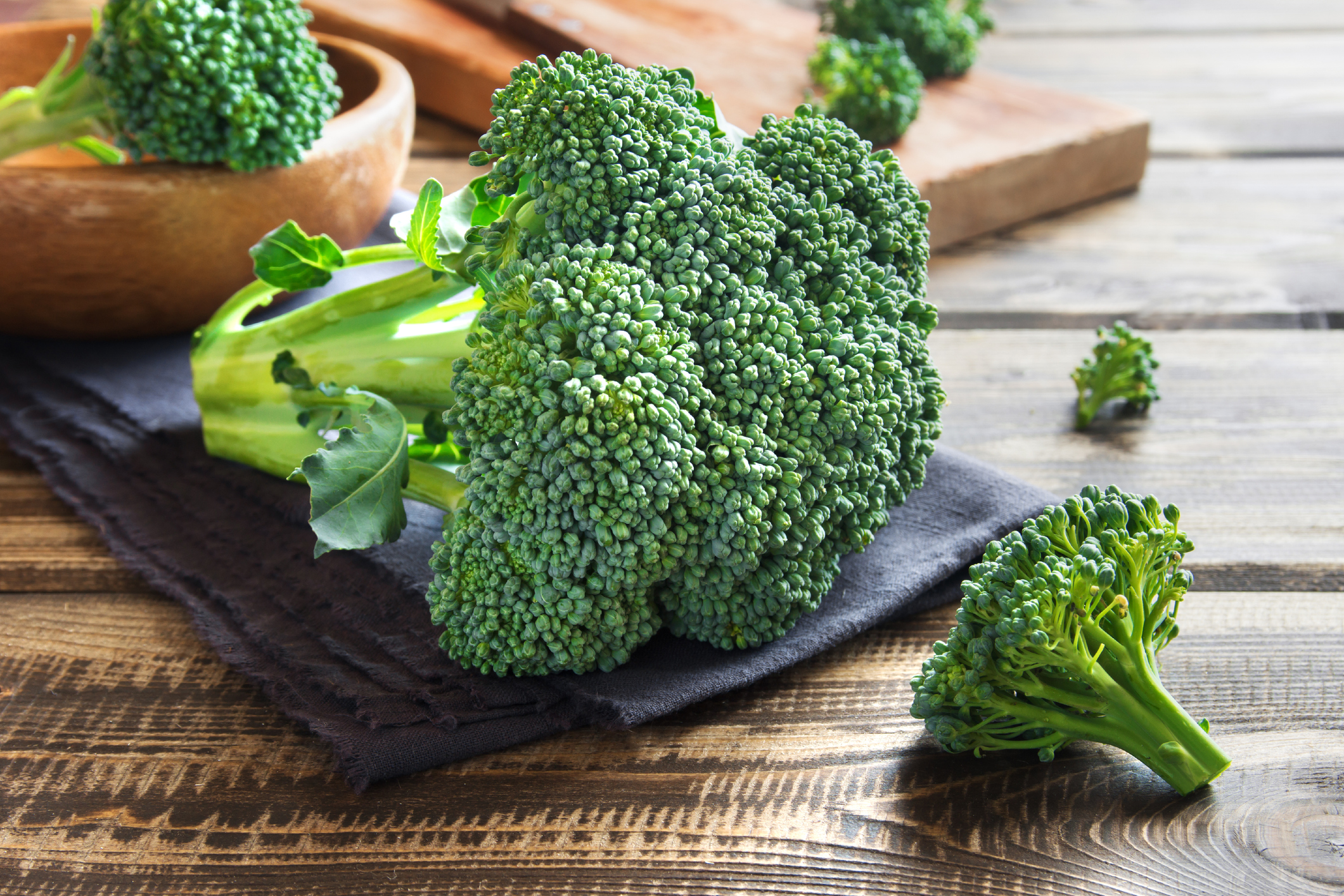
Broccoli is bursting with vitamins B and C, and it also has folate. Remember how good folate is? It helps boost your fertility, plus it may help reduce the risks of miscarriage and birth defects.
What's up, Doc?
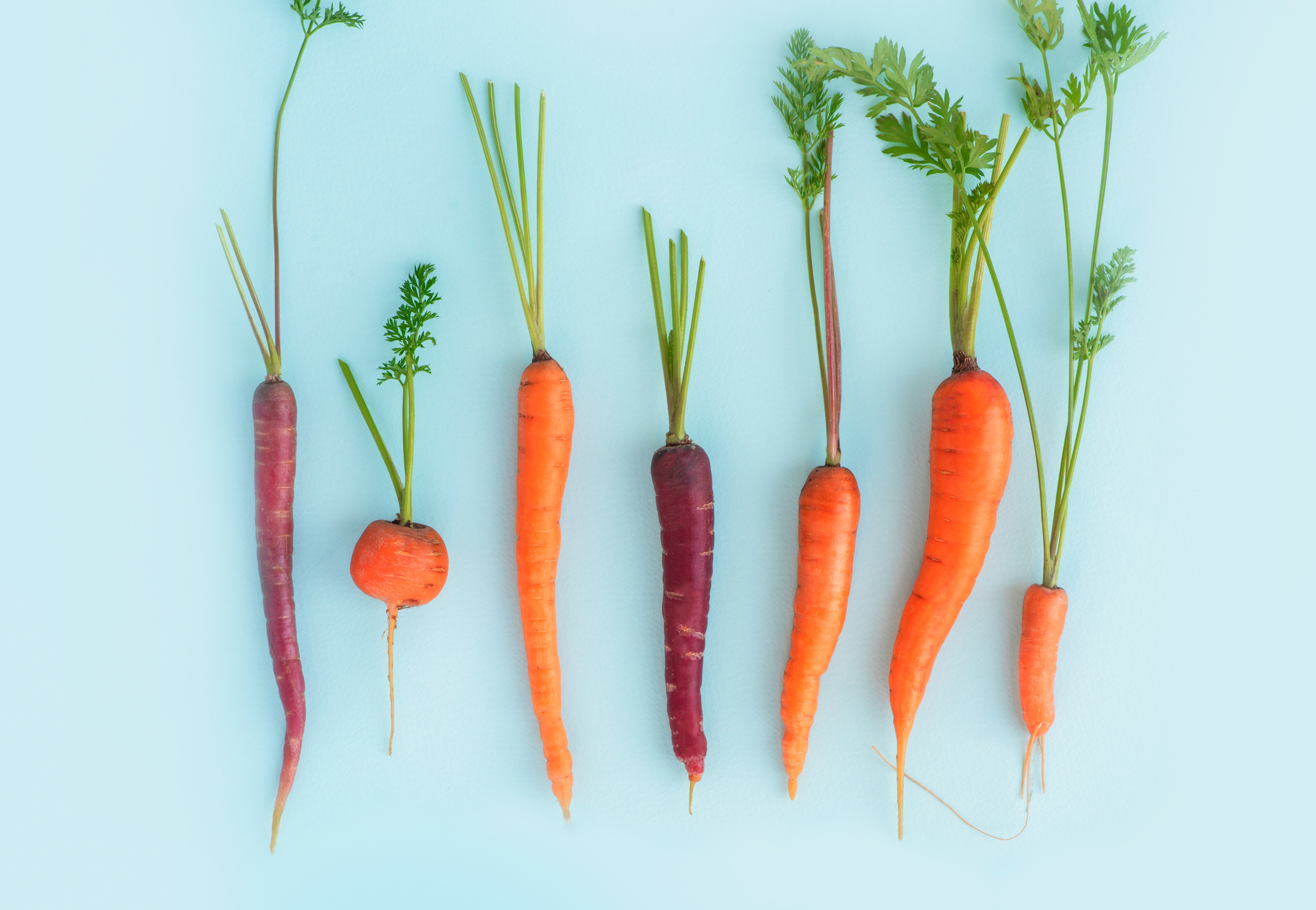
Carrots aren't just for rabbits. They're good for men who want to become daddies. One study found that carotenoid, which helps give carrots their lovely color, also helps improve sperm count. Eat them raw, add them to soups, or use them to flavor your ground beef along with onions, celery, and garlic.
Crack 'em open.
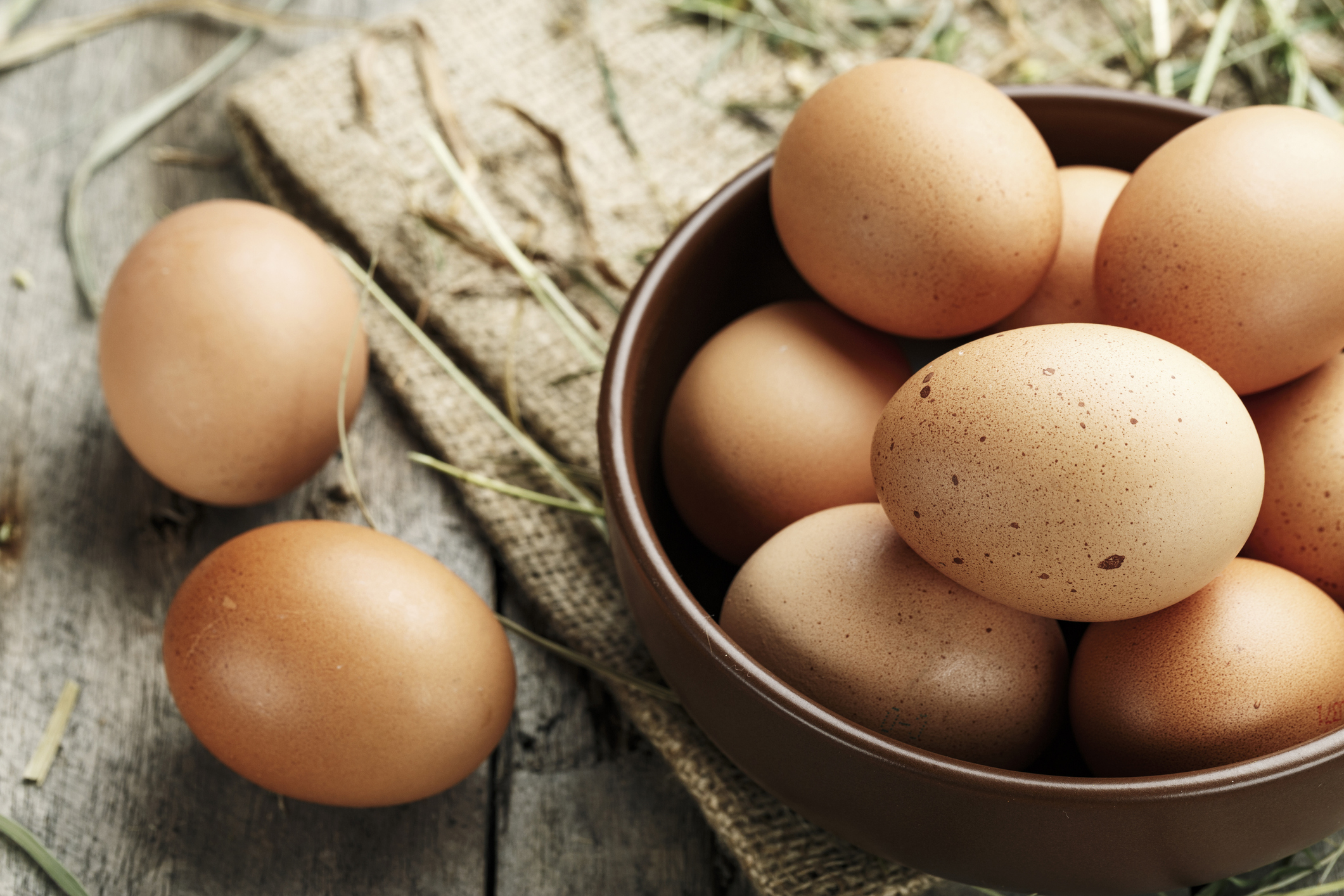
Turns out eggs are good for the health of your eggs. They contain choline, which may help prevent birth defects. Don't skip the yolks because that's where the choline is. Most healthy people can eat up to three eggs a day.
Citrus is another his-and-hers fertility booster.
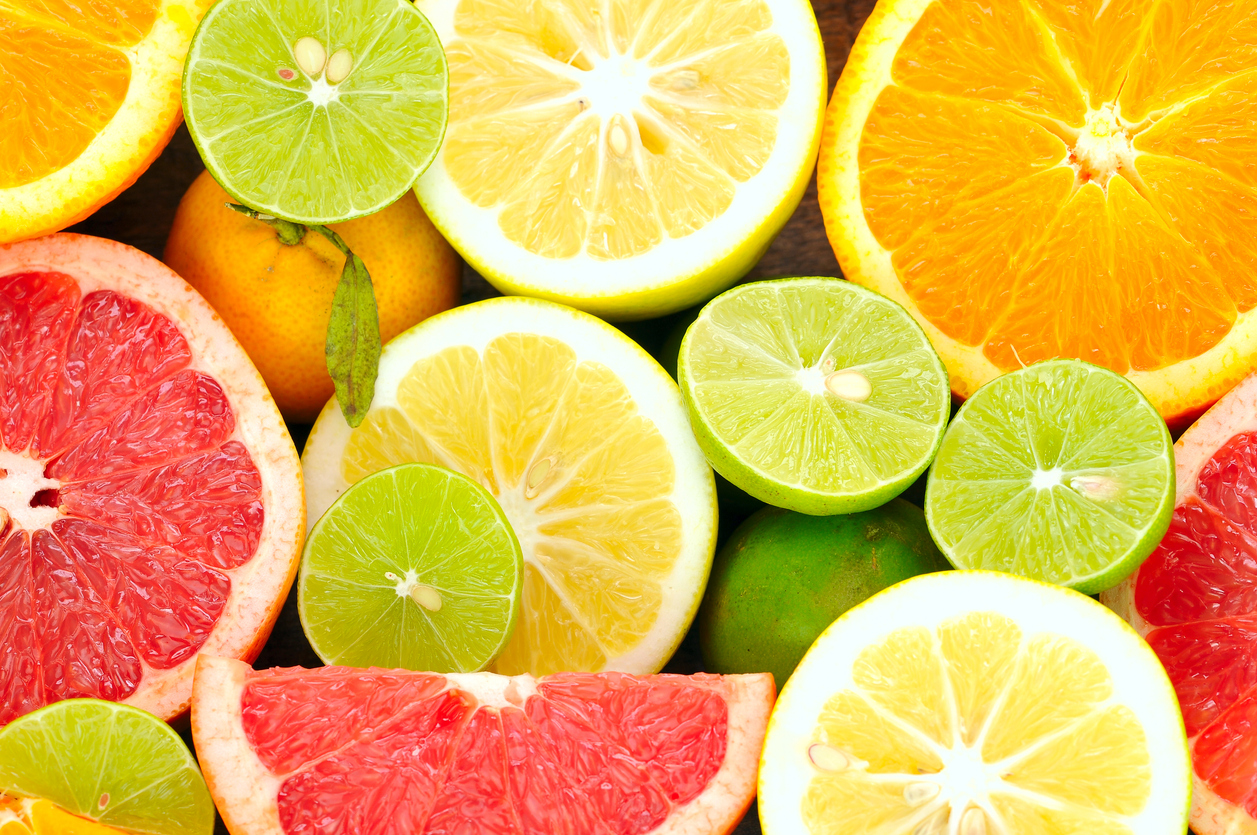
Citrus fruits are rich in vitamin C, which can help reduce the strain on ovaries in women and may help prevent sperm defects in men. Citrus also helps you absorb iron, and getting enough iron can be a problem, especially during pregnancy.
Pomegranates have long been associated with fertility.
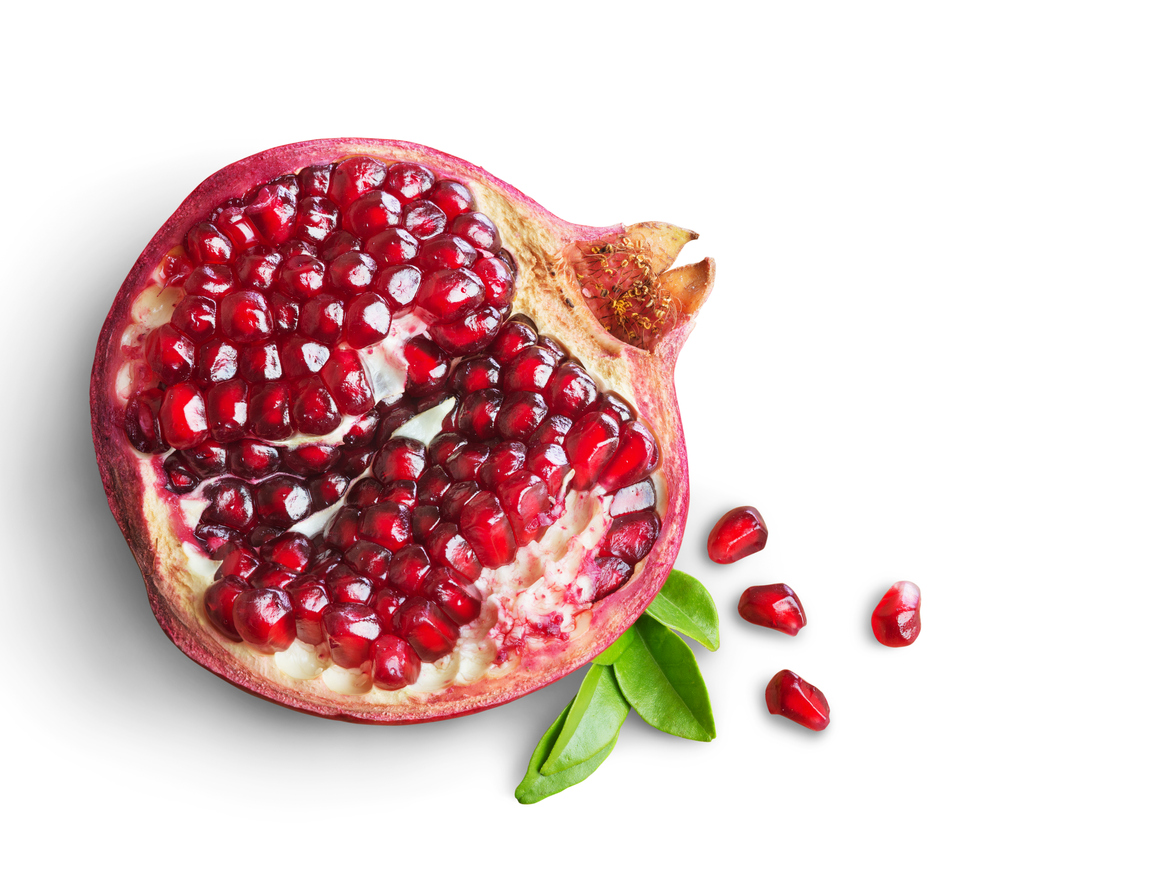
Since ancient times, many cultures have considered the pomegranate a symbol of fertility. Let the symbolism continue because pomegranates are an excellent source of antioxidants, which may help protect DNA from damage that could potentially lead to miscarriage.
Spinach is your fertility friend.
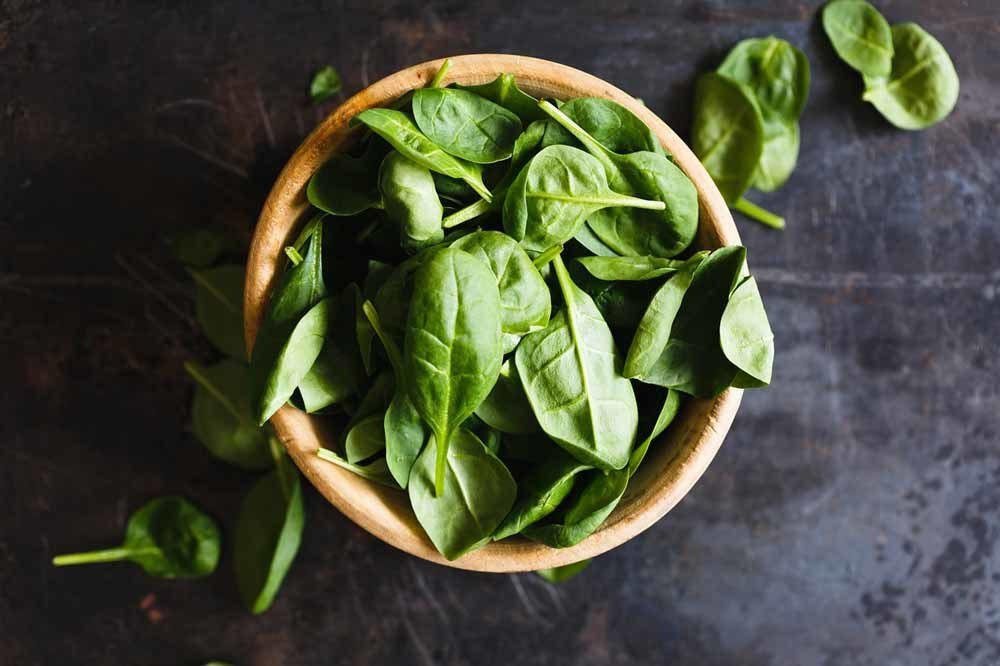
Low iron levels can have a damaging effect on the health of your eggs. Dark leafy greens, like spinach, can help increase your iron intake while providing you with that ever-necessary folate.
Hydrate, hydrate, and then hydrate again.
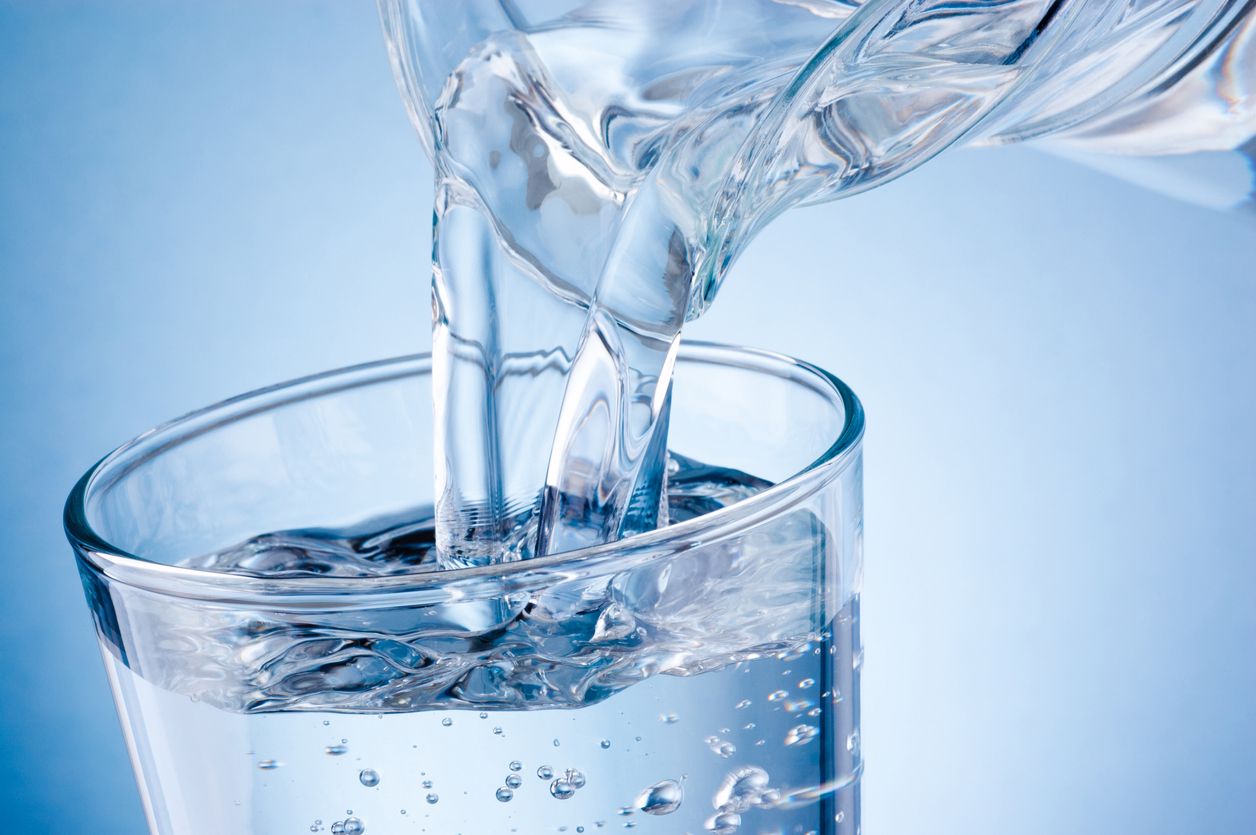
Drinking water helps your entire system. It stimulates circulation, improves egg health, and helps produce cervical mucus, which is needed to help sperm get to an egg and fertilize it. Start your day with a big glass of water before you have anything else.
Time to make abuela's sopa de lentejas.
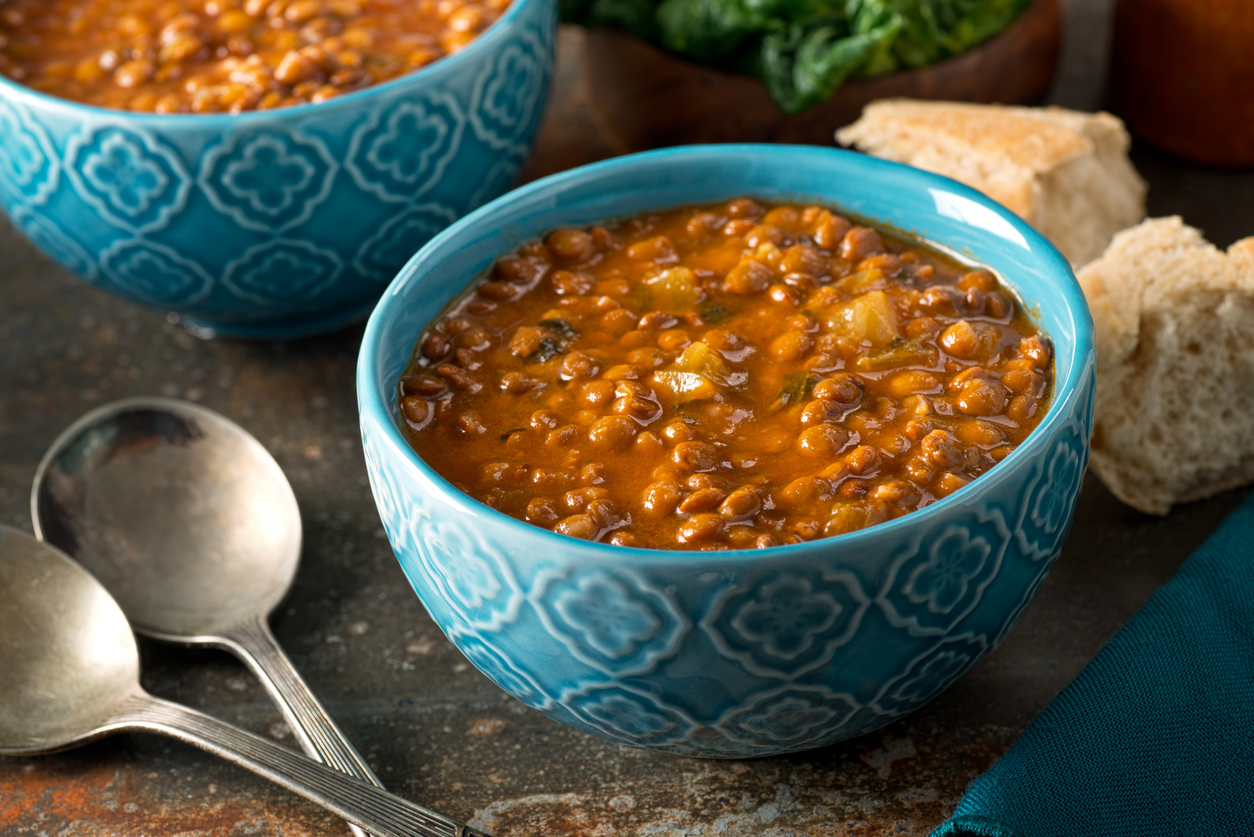
Lentils are rich in iron, protein, and folate. Just 1 cup of cooked lentils provides you with 90% of your daily folate needs. Also, they're cheap! You can add carrots to your lentil soup because carrots are also good for fertility.
Go ahead and pay extra for the guac.
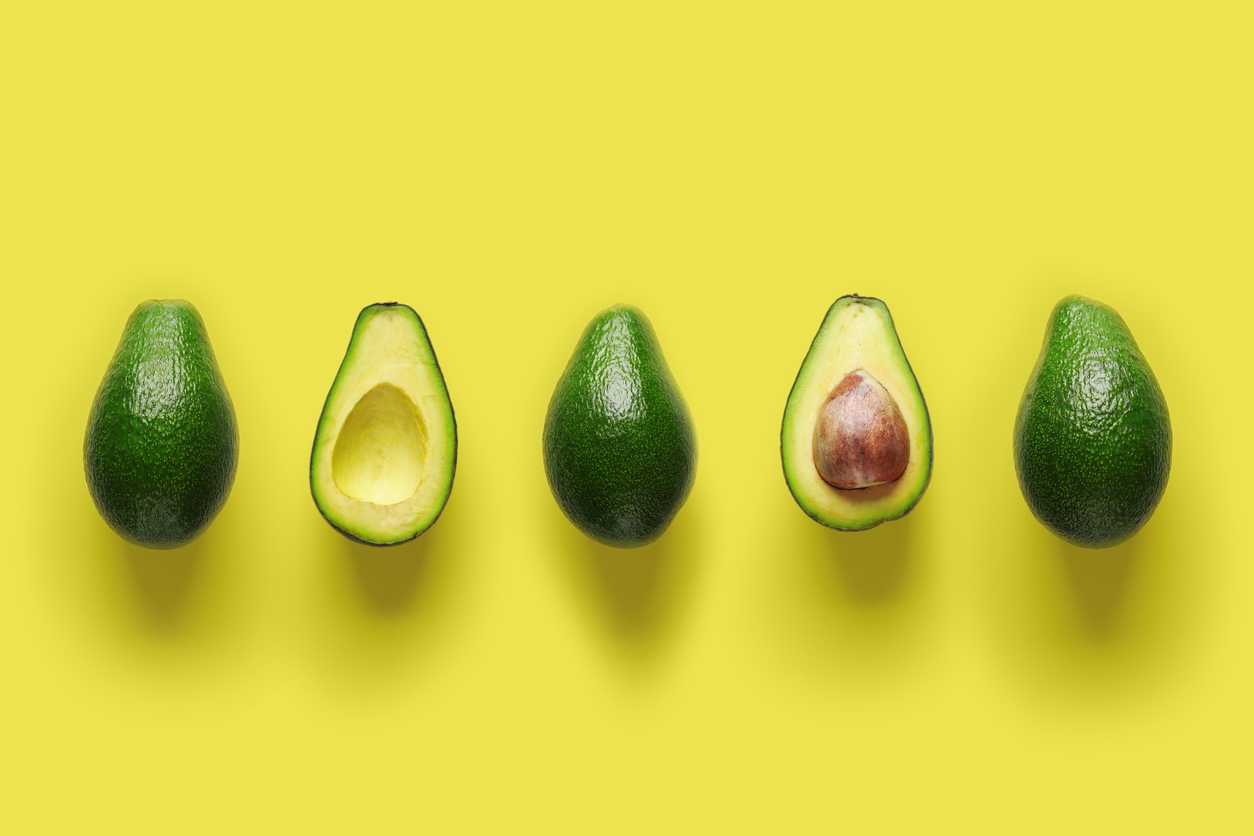
Take all that money you save by eating lentils and splurge on avocados, which are packed with folate and good-for-you fats. Do not shy away from them because they are high in fat, because there's bad fat and then there's good-for-you fats, and avocados are all about the good-for-you kind.
Swap out your white rice for quinoa.
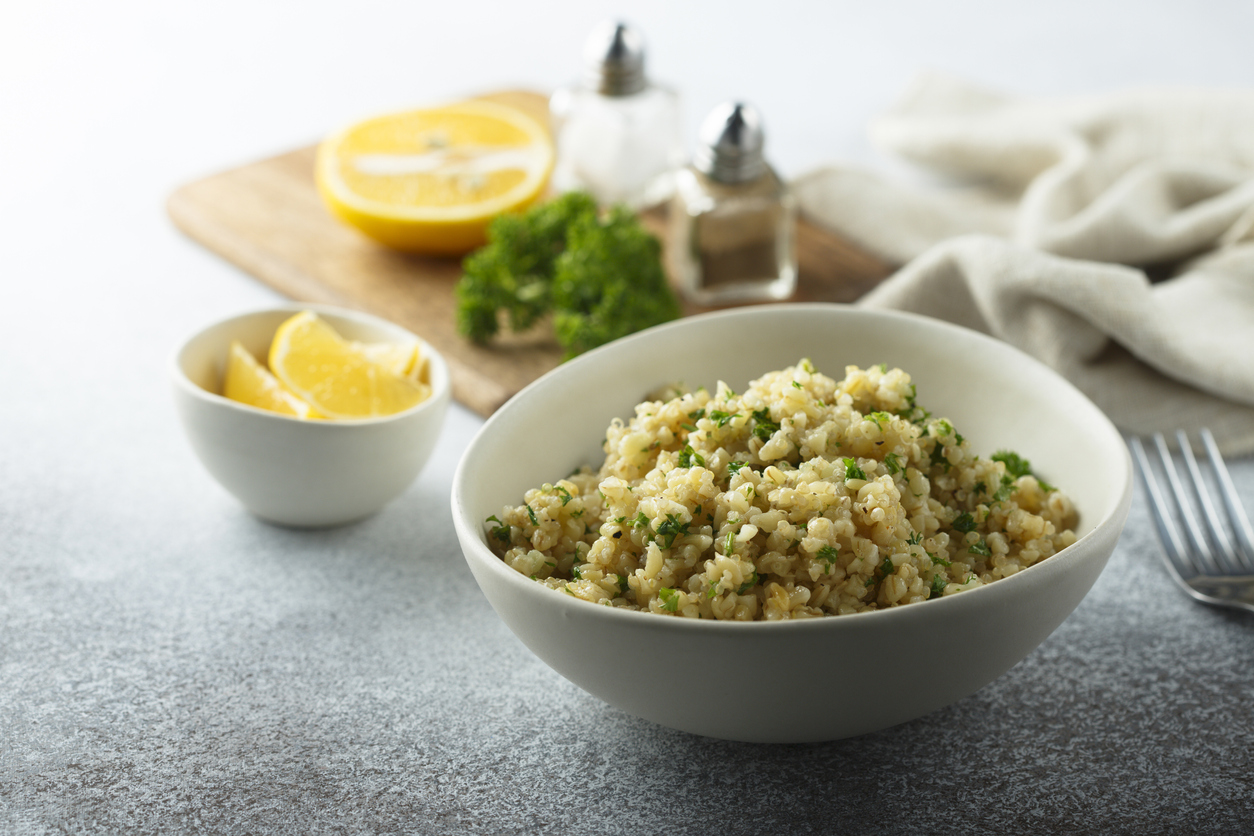
Quinoa is a whole grain, and whole grains are a great source of folic acid. Quinoa is also less acidic than other whole grains and may help make cervical mucus less acidic and more hospitable to sperm. Swap out rice a few times a week for quinoa.
Snack on sunflower seeds.
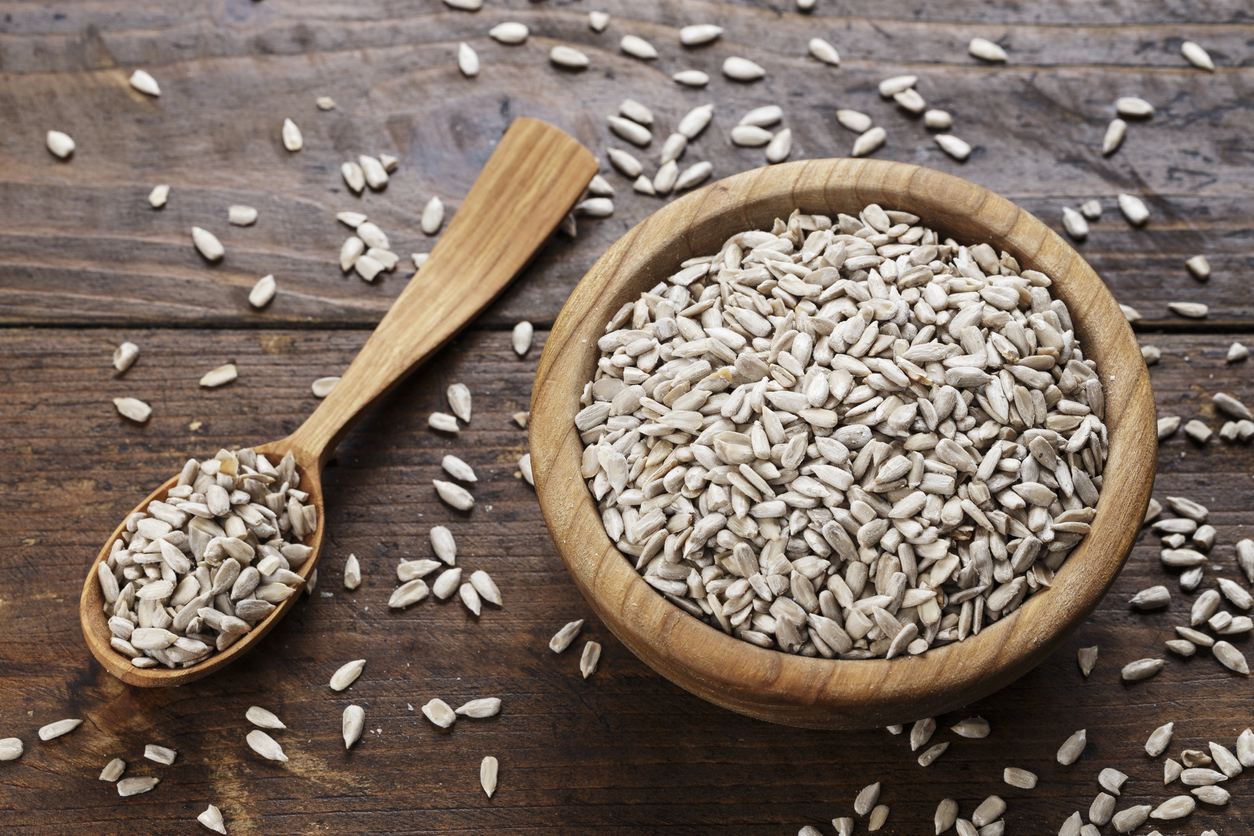
They are great for fertility when they are roasted and unsalted because they are rich in vitamin E, which is said to be good for sperm count and mobility. But they aren't just good for male fertility. They are also rich in folate and selenium, which is good for both male and female fertility. Eat them on their own, or sprinkle them on your salads for a little extra crunch.
Add liver to your diet.
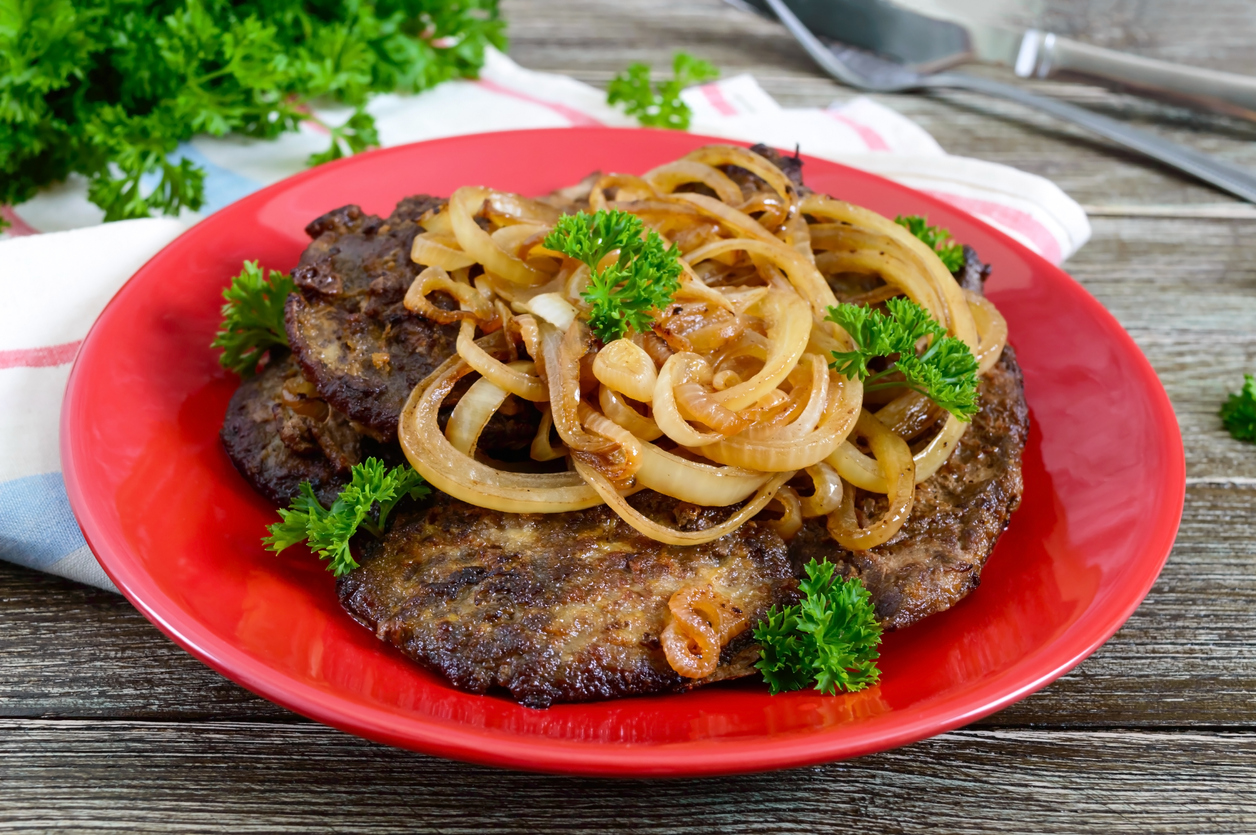
Turns out your mother was right when she told you that liver is good for you. Cow liver in particular is full of vitamins, including vitamin A, which is pretty hard to get via other foods. Liver also contains iron, which is great for helping to prevent anemia during pregnancy. Keep it simple and cook it up with some onions.
Oysters are low in calories and heavy in nutrients.
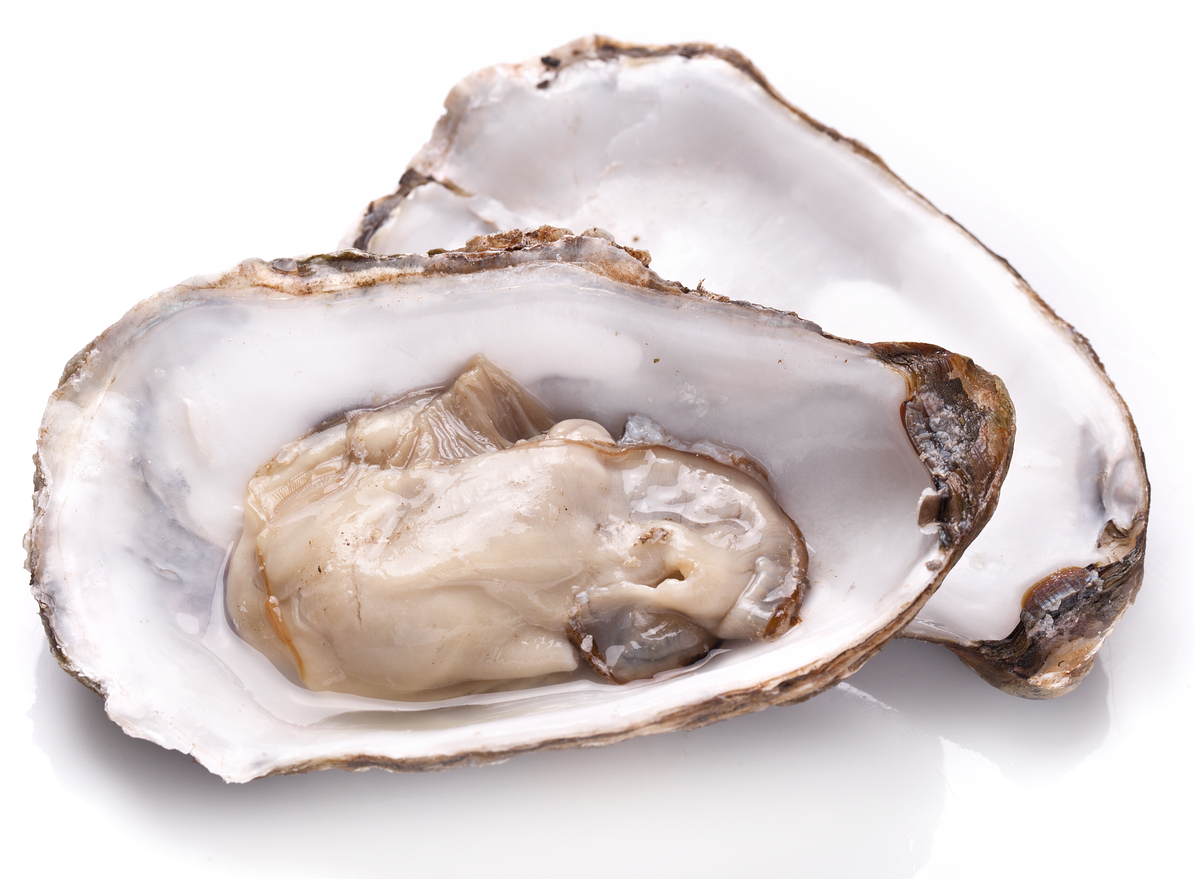
A serving of six oysters has only 139 calories and tons of vitamins and minerals, including vitamin B12, zinc, selenium, and iron. You can add some lemon juice and hot sauce to them while they are in the shell and eat them raw, or if raw isn't your thing, you could have them steamed.
The pineapple has been adopted as a symbol for women dealing with infertility.
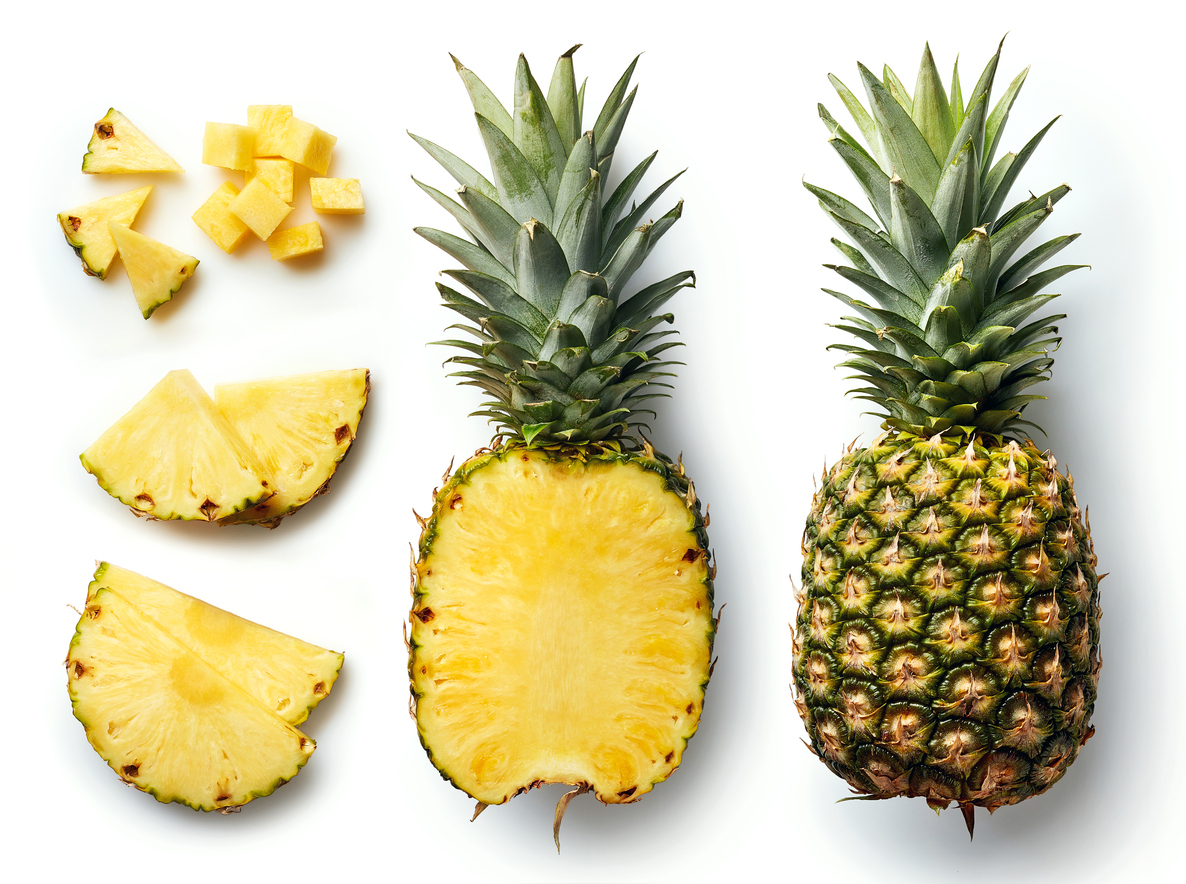
Pineapples contain bromelain, which is an anti-inflammatory and blood-thinning agent that may impact the immune system, according to a 2012 study. It is also believed that it may improve embryo transfer during the IVF process by increasing blood flow to the uterus. While there is little or no research to support this, it is widely believed that eating the core of the pineapple on an empty stomach may be beneficial to the uterine lining after ovulation or following implantation.




